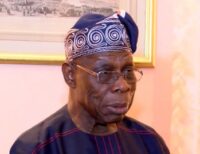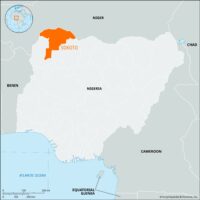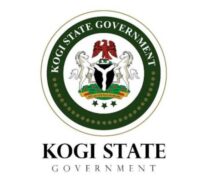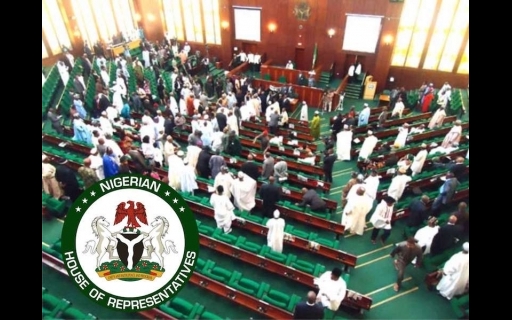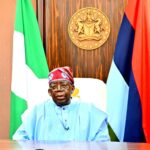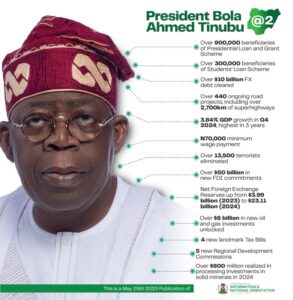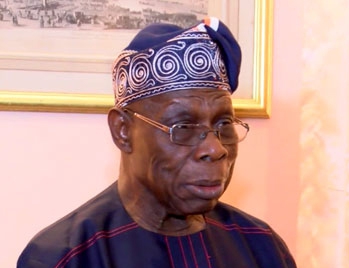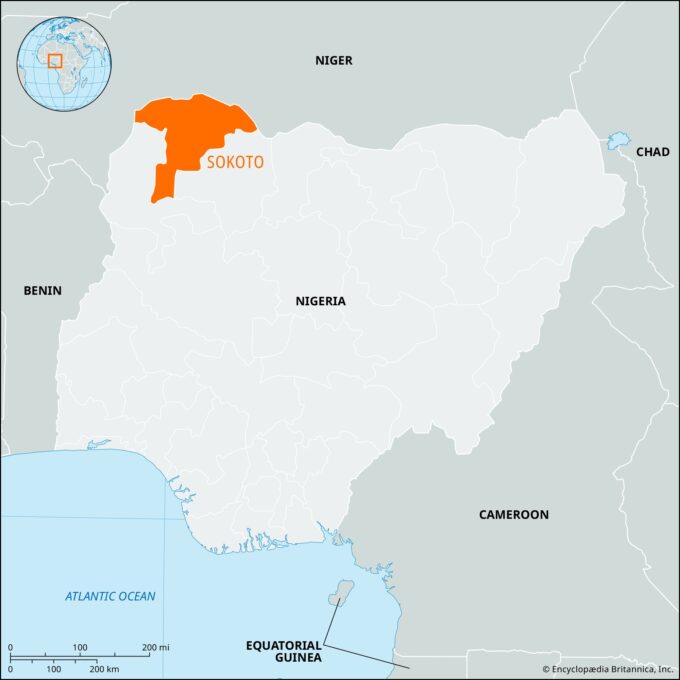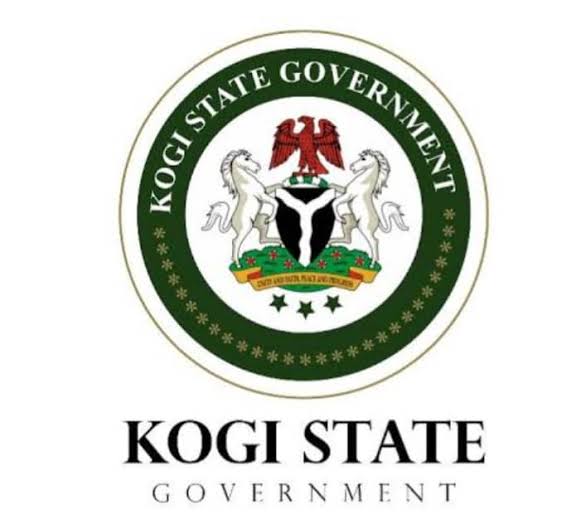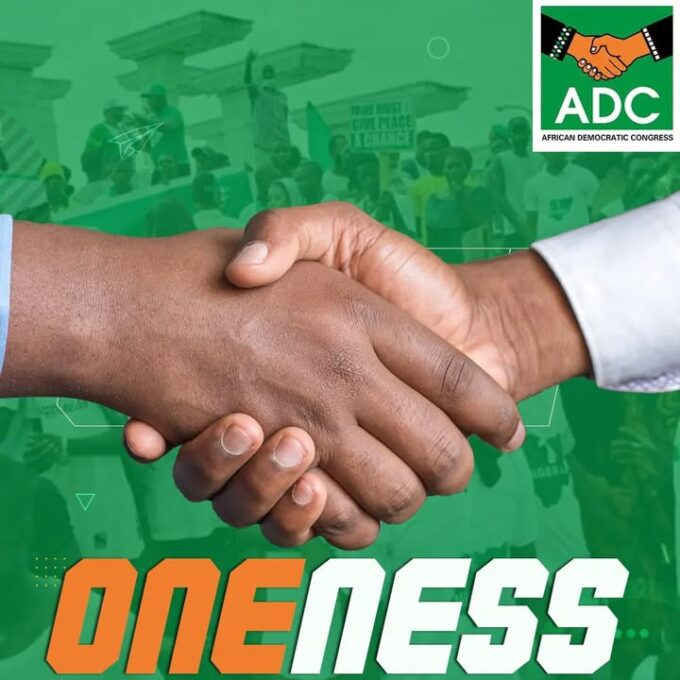The House of Representatives on Sunday renewed calls for a unified national data system and a shift toward homegrown technological solutions, with a warning that Nigeria’s fragmented identity and information systems are slowing governance, planning, and economic growth.
Chairman of the House Committee on Trade and Investment, Ahmed Munir, who made the call at a policy dialogue held at the National Assembly Library in Abuja on Sunday, said Nigeria must break its reliance on imported models and build technology frameworks that reflect its unique development realities.
“We should search for solutions from within. The innovation we need to transform our economy must start here, with Nigerians who understand the challenges and are willing to create solutions for them,” Munir said.
According to the lawmaker, the country’s progress now depends on the full adoption of digitisation and the harmonisation of government data, noting that overlapping databases across ministries and regulatory agencies have complicated budgeting and service delivery.
“We need to ensure that all our agencies are not working in silos. Every citizen’s data should be captured from birth to death in one national database.
“When we have a reliable, unified data system, it becomes easier to prepare accurate budgets and channel resources where they are most needed”, Munir said just as he also argued that Nigeria does not need to experiment because working digital models already exist within the country.
“We are not reinventing the wheel. If our banks have built reliable digital systems, and if INEC has achieved significant progress in its voter database, then we can scale those models. The question is how to take what works and make it function across government institutions at the national level”, he said.
While warning that ministries, departments and agencies must stop developing separate identities and data systems, Munir said “If every institution continues to build its own data system without alignment, we’ll keep duplicating efforts and wasting resources. We must think as one government, not as competing units.”
If we get digitisation right, if we trust our innovators, and if we integrate our data, Nigeria will not only compete, we will lead,” Munir declared.
“For more than a decade, Nigeria has operated multiple identity and data collection systems across various ministries and agencies, including the National Identity Number, Bank Verification Number, international passport database, SIM registration database, and the voter register,” he said.
These systems were developed at different times, often with foreign technical templates and donor-backed support, but without a national framework to ensure interoperability.
Consequently, government agencies frequently duplicate data, spend overlapping funds on parallel digital projects, and struggle to verify citizens’ identities in real time.
Also speaking, the Founder and CEO of Bridge and Value, Abiodun Odunuga, highlighted the influence and investment potential of Nigerians in the diaspora.
“The social and international capital we’ve built over the years can be leveraged for real impact. Our mission is to connect these global partnerships with Nigerian institutions to create meaningful results”, Odunuga said, just as he, however, noted that trust remains a barrier for foreign investors.
“Trust is a big hurdle. That’s why we take potential investors to see success stories, European partners who have invested and are thriving in Nigeria. Seeing those results convinces others to take the leap”, he noted.
Odunuga further urged government-backed certification and traceability in agriculture to boost Nigeria’s export standards.
“Every product that comes from our soil should be traceable,” he said. “Government must back this process with credible certification to ensure that Nigerian products meet international standards.”
While acknowledging progress made through digital identity projects such as BVN, NIN and voter registration, he said the systems must now be merged.
“Ten years ago, it was difficult to trace people. Today, with BVN and digital IDs, progress has been made. But we still have too many identities: BVN, NIN, voter card. We must harmonise these into one central system”, he said.
The dialogue ended with a shared consensus that innovation, unified data infrastructure and stronger collaboration with the diaspora will determine Nigeria’s economic competitiveness.


